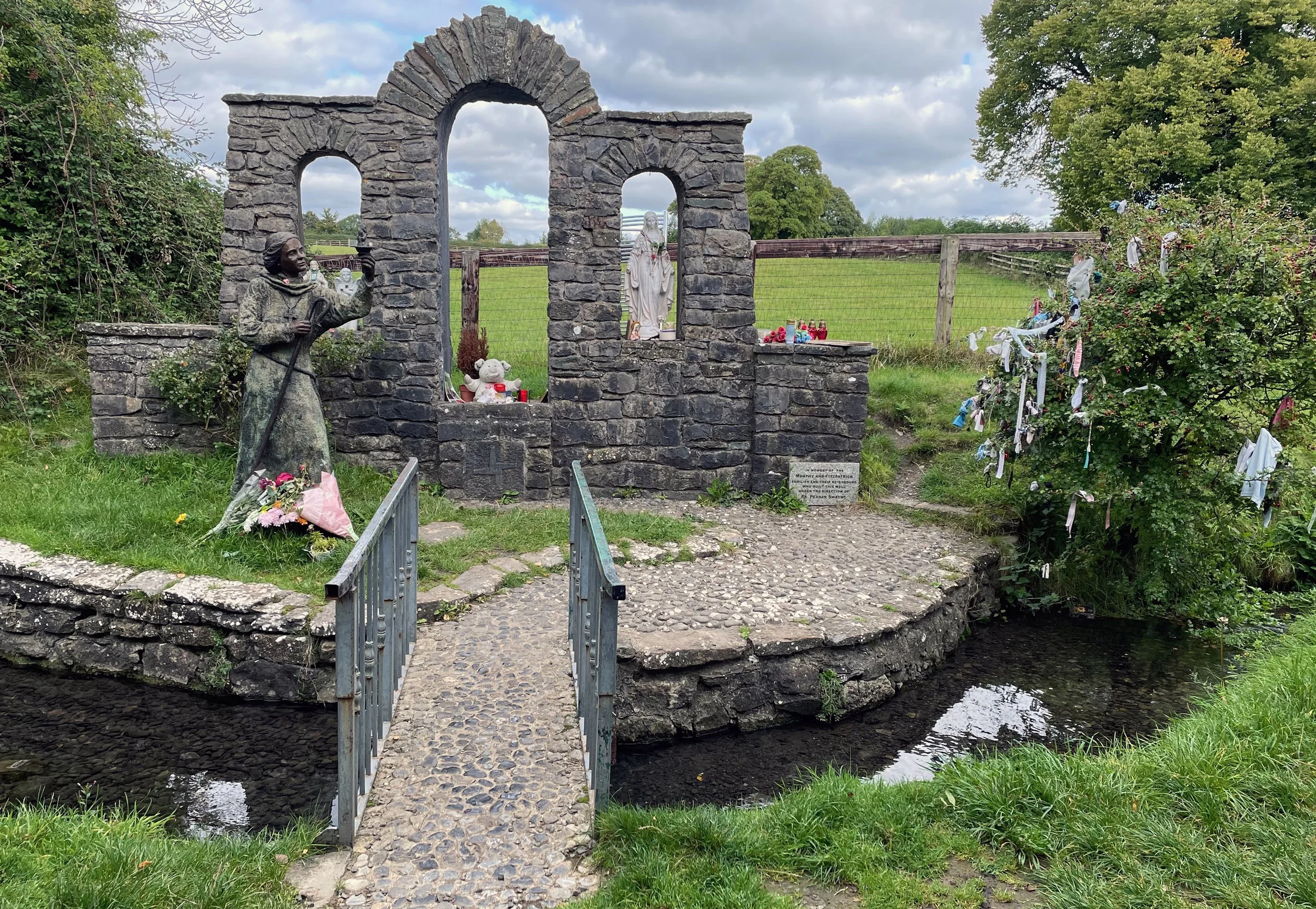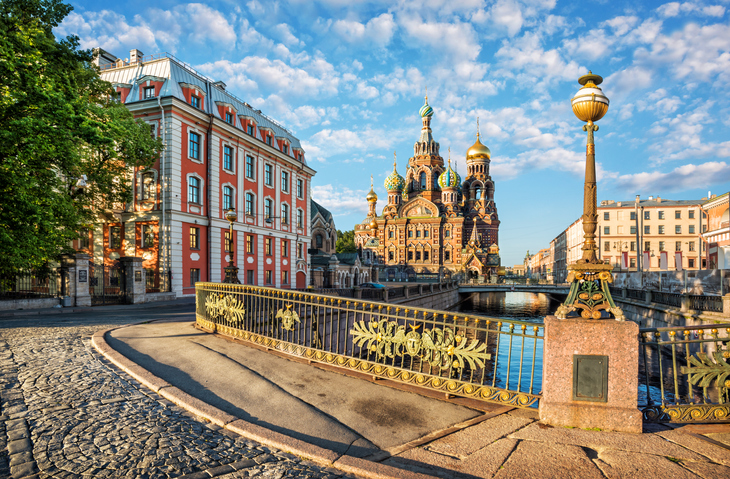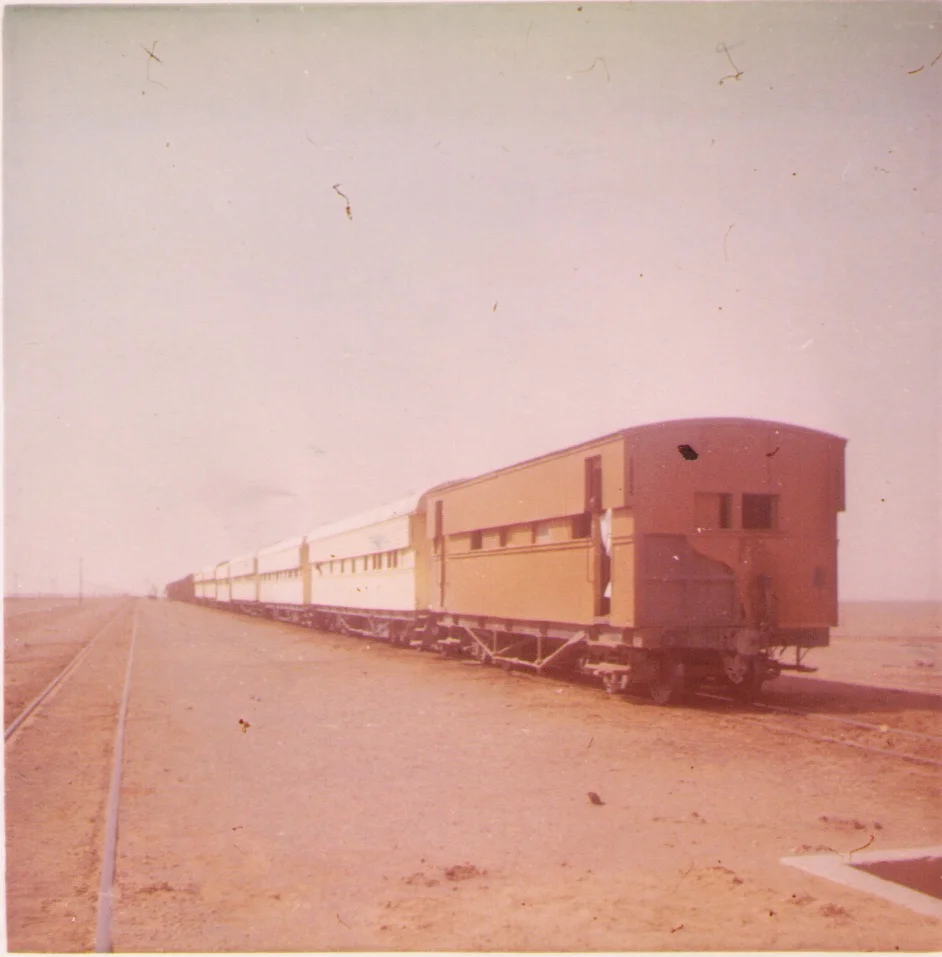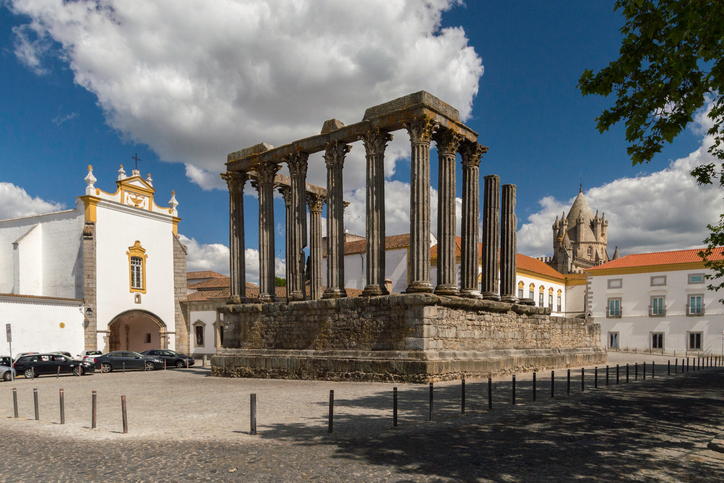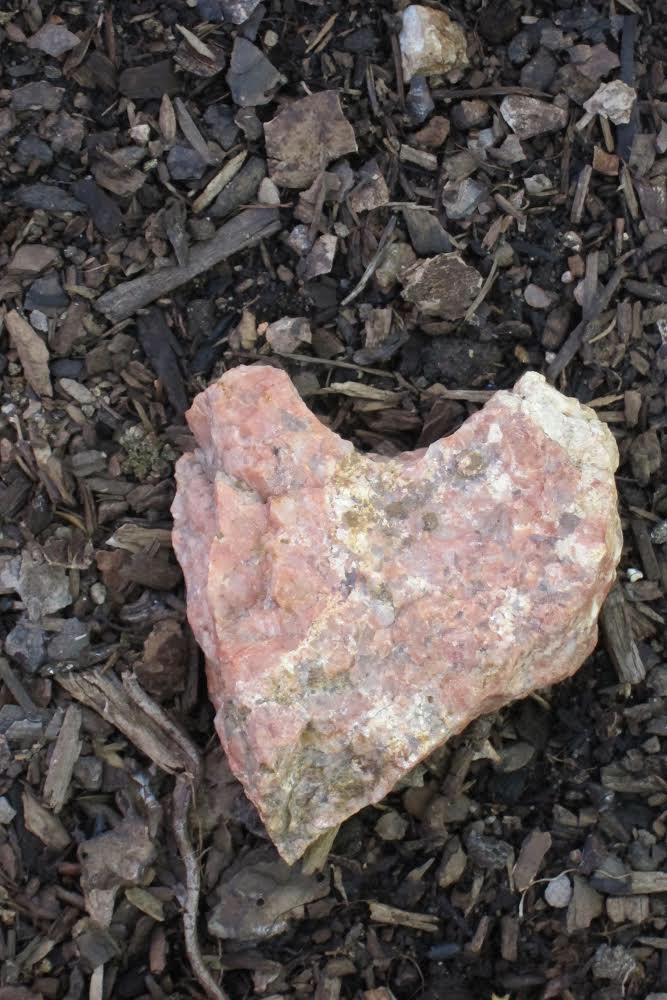Join Ellen Barone on a Scottish adventure. From the ancient charm of Edinburgh to the coastal haven of Charlestown, her journey unfolds tales of warmth, unexpected friendships, and the timeless allure of Scotland. This is more than a travelogue; it's a love affair with a place that becomes a cherished second home.
All in Transformational Travel
Lessons from the Wild
Nature-lover Bindu Gopal Rao shares her transformative journey from expecting too much from a wildlife safari to finding joy in the unexpected. Her heartwarming story serves as a reminder that the true beauty of the wild lies in embracing its unpredictability.
How Exposure to Indian Art Taught Me to Love My Body
Join Noor Anand Chawla on a powerful exploration of self-empowerment and the celebration of individuality as she explores the transformative impact of Indian art, challenging conventional beauty ideals and inspiring a new perspective on self-worth.
Following Brigid’s Way Pilgrimage in Ireland
When Elyn Aviva and her husband traveled to Ireland to walk Brigid’s Way Celtic Pilgrimage, nothing went as planned. A friend who agreed to meet them couldn’t. Hotel reservations were canceled. Car rides along country roads and unexpected encounters with friends supplanted long solitary walks in nature. Yet, the journey was every bit a pilgrimage.
That Nameless Place
Gary White created from imagination from an early age. From music composition to book writing and dowsing, he’s spent a lifetime traveling to that nameless place of connection where imagination resides and ideas are manifested. Join him on the journey.
The Opposite of Loneliness: How travel transforms the experience of solitude and staying home.
Thirty-seven days into self-isolation Ellen Barone asked her husband Hank, “Are you lonely?” Like much of the world’s population, they are physical-distancing and staying home to help prevent the spread of the novel coronavirus COVID-19. Would this, she worried, lead to loneliness? And, in turn, to biological effects as deadly as the virus itself? Instead, isolation has brought clarity to something they’d innately suspected all along.
A Viral Pilgrimage
Elyn Aviva has spent more than half of her life going on, studying, or writing about pilgrimage—specifically, the pilgrimage to Santiago de Compostela. Today, as she adjusts to the disorientation of isolation, she poses the question: Could it be that like a pilgrimage, this pandemic offers an opportunity to journey inward and engage in deep self-exploration?
How Travel Saved My Soul and Sanity
Perfect vacation spot. Check. Perfect partner. Check. So why did Stephanie Ambarsumyan feel anything but perfect? It was an important question and one that she hadn’t realized needed asking until she went away.
My Russian Revelation
She’d shaved her head to experience life as a bald woman. Resigned a six-figure job to live in a rural Irish cottage. Given away all of her possessions. Twice. And then Tara Myers decided to do something really scary: apply for a Russian visa and go to St. Petersburg. Alone.
Not All Who Wander Are Lost, But Most Are.
Richard Collins was at a low point in his life when friends decided he needed a night out at Healing House, a performance art center in Chiang Mai, Thailand. He arrived feeling resistant and awkward, but like life often does when you are at rock bottom; the experience surprised him.
An “Ugly American” Moment In Sudan
Pamela Blair, in the Sudan on the final leg of a long train voyage over a hot and empty desert, had prepared herself to be bored. It was what she hadn't planned on, however, that would forever change the way she saw the world and herself in it.
Blame It On Travel: Why I still have hope.
In a world that seems to be spinning out of control, Ellen Barone is surprised to find that she is still full of hope. Like everyone else, she has moments of disgust and despair, but then, almost miraculously, a ray of light shines through. How does this happen? She blames it on travel.
Miracle On A Mountain
A transformational hike in the mountains results in a profound emotional release for Nancy King, leaving her with a lingering sense of solace and clarity that had previously proved elusive.
Shock and Surprise in the Philippines
For American expat, BJ Stolbov, one of the most interesting and informative things about living in the Philippines is observing cultural norms. In this insightful essay, BJ reflects on Filipino attitudes about looking foolish in public, a topic which he's very familiar with.
When No One Knows You: The joy of reinventing yourself overseas
When B.J. Stolbov left the United States to live abroad, he knew no one and no one knew him. He chose to view this as an opportunity to shed the masks and roles and expectations of his past and focused on becoming the person he wanted to be. The result is a life of unexpected joy.
Hiking Beyond Our Fears
When twin sisters set off on a hiking adventure in the Grand Canyon, a shared fear of heights threatened to ruin the trip. Learn how the sisters made the powerful choice to hike beyond their fears in a decision inspired by the gentlest flutter of a butterfly's wings.
Written in Stone
A visit to Arches National Park inspires this reflective essay on the powers that shape, pare, trim, and mold this unique region of the American Southwest and the relationship to how time molds our eroding bodies and identies.
A Kayak Pilgrimage
by Dan Dworkin
To travel solo for days in a kayak is to be not on or in but of the water. It loves you, rocks you like your mother did, speaks to you with many voices, supports your meandering, bathes you, feeds you, tells you when to travel and when to stay still on the island of the moment. On every trip there is a time of storm, of being wind-bound when the judicious kayaker stays put, writes, rests, wanders, constructs stone sculptures and listens for the still, small voice.
At the Bathhouse in South Korea
by Dina Lyuber
Being naked in public, for a North American, is the stuff of nightmares. Why? Is it because our bodies are so embarrassing? Perhaps it’s just a social convention; we are expected to hide our bodies, and so we feel awkward in public spaces when we must expose them. Maybe this is why many tourists avoid bathhouses. After all, they have a perfectly nice, private bathtub in their hotel room. And back home, they can wear a bathing suite as they sink into the hot tub at the community pool.
They may have avoided exposure, but they have no idea what they are missing.
by Dan Dworkin
What would you do if you were asked to voluntarily give up your cell phone, computer, TV, and sex for a month? When I revisited my Peace Corps assignment after forty-two years away, the people of my village in Fiji, indeed the residents of the whole province, were doing just that, in a manner of speaking. They were giving up tobacco, yaqona (kava), their ceremonial drink, and sex for a month. Why would they do such a thing?
One hundred and forty years ago, the people of a nearby village, Nabutautau, killed and ate the Methodist Reverend Thomas Baker. When I visited in July, 2011 they were conducting a ceremony of reconciliation, begging the Methodist Church to forgive them for their ancestors' actions.



